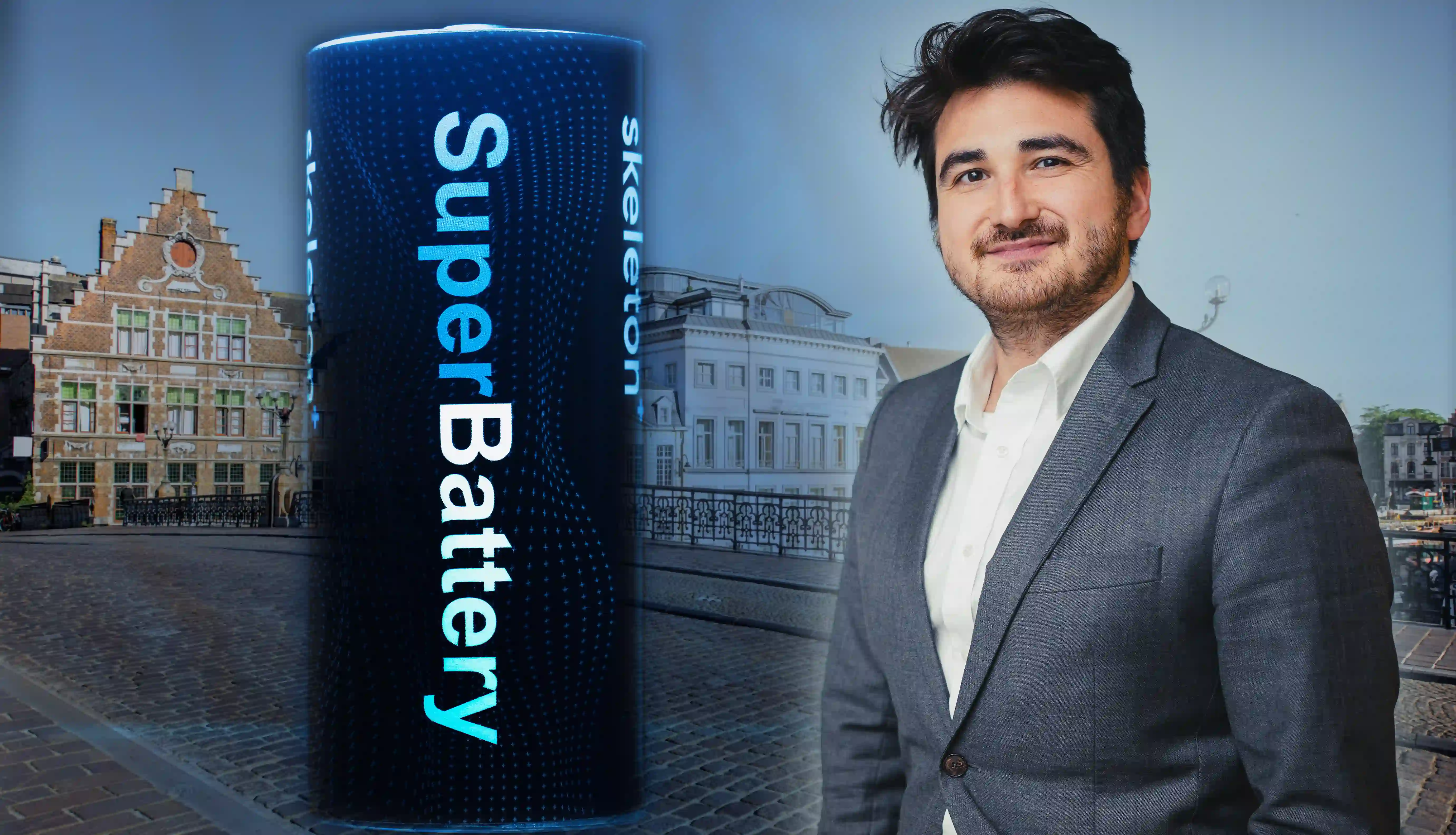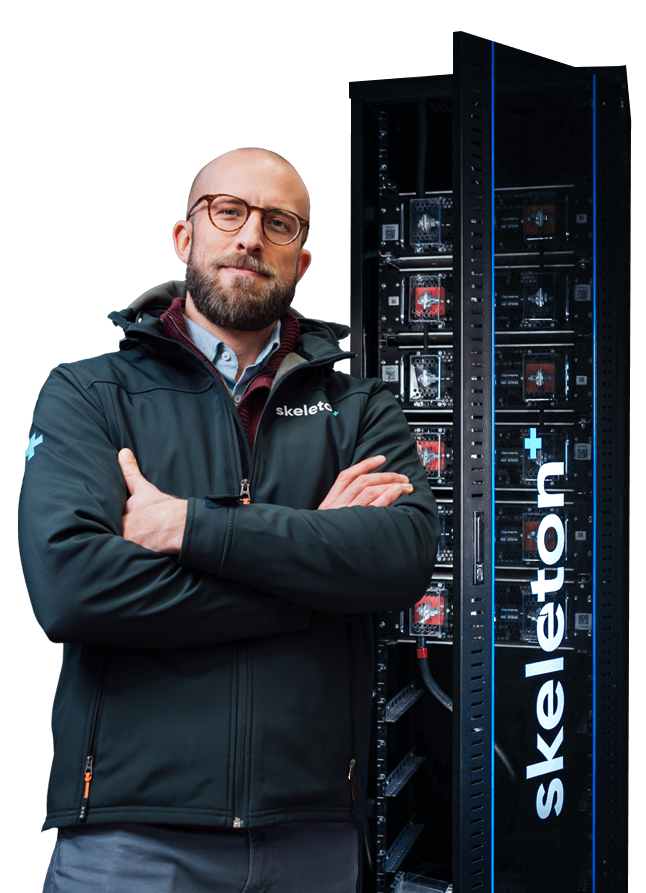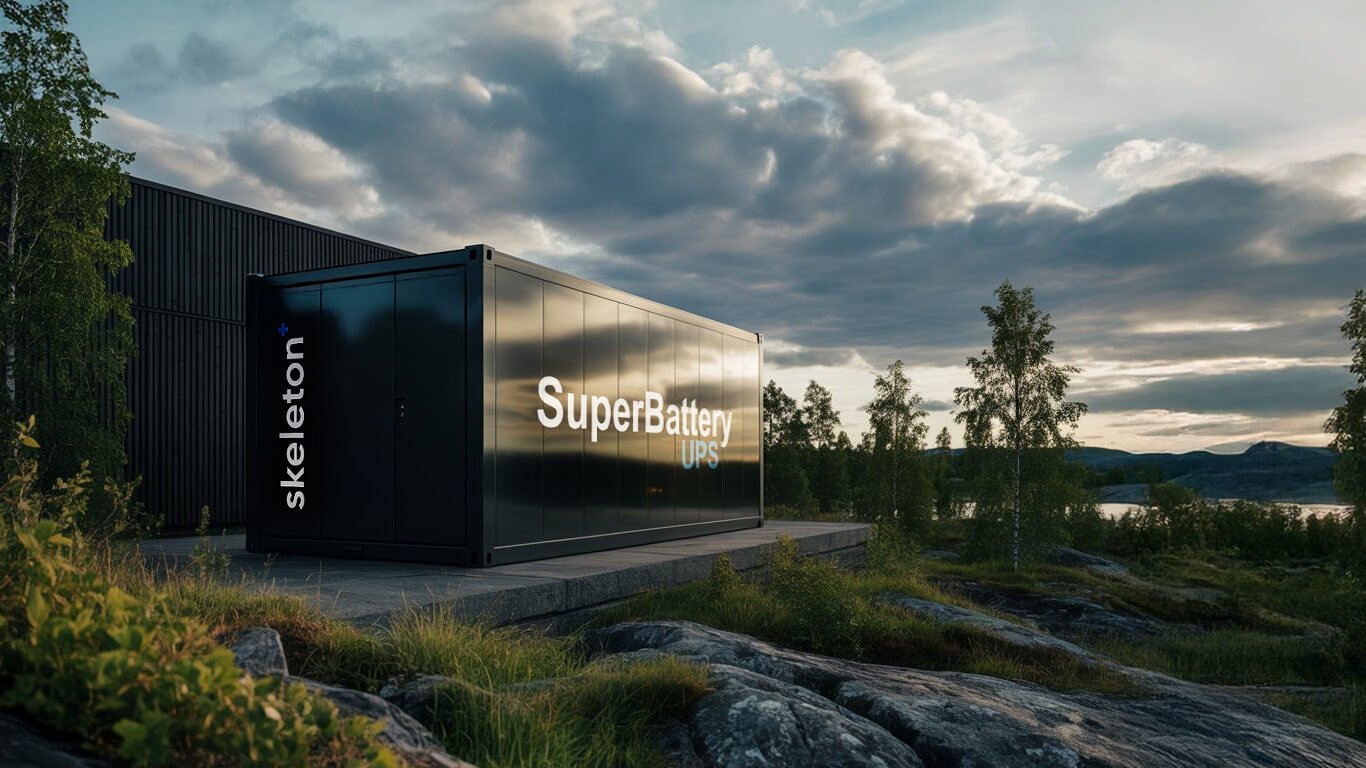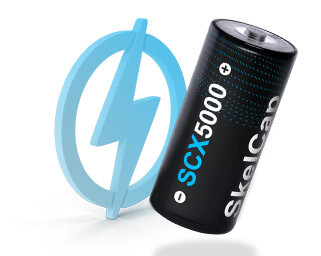
Scaling Deep Tech in Europe: Energy Access, Funding and Strategic Partnerships

Skeleton’s VP of Government Affairs and Strategic Partnerships, Arnaud Castaignet, spoke at the Science|Business Forum “Deep Tech: Europe’s New Wave of Innovation?” in Brussels. Part of "The Widening" series, the event addressed R&D growth, investment opportunities, and challenges in Central and Eastern Europe. Castaignet shared insights on energy access, funding disparities, scaling challenges, and the role of partnerships, pinpointing key challenges and solutions for building a thriving deep tech ecosystem across Europe and enhancing the region's competitive edge on the global stage.
The EU’s New European Innovation Agenda aims to support green and digital transitions, enhance conditions for European innovators, and strengthen innovation ecosystems across the continent. Deep tech is central to this agenda, but Europe needs to foster a deep tech ecosystem that supports sustainable, competitive companies, including in Central and Eastern Europe (CEE). The real competition lies in ensuring Europe remains competitive on a global stage, rather than within its own borders.
As the EU prepares for its next institutional cycle, policymakers, researchers, industry, and finance experts gathered to discuss how to tackle the geographical imbalance between east and west in terms of deep tech companies receiving EU support and supporting European deep tech companies through the scale-up phase.
Arnaud Castaignet joined the panel session “Absorption capacity: What prospects for deep tech market development in the CEE region?”. His fellow panelists included senior investment officer Andreas Aristotle Papadimitriou from the European Investment Bank, Board Member and Co-Founder of Fresh Inset Krzysztof Czaplicki and Director of EIT Community Strategic Regional Innovations Cluster Marta Kaczmarek.
-1.webp?width=5094&height=2777&name=Arnaud%20Castaignet%20at%20Science%20Business%20Forum%20(image%20Raffaele%20Guerini)-1.webp) From left: Moderator Edit Herczog (Science|Business) with Krzysztof Czaplicki, Marta Kaczmarek, Andreas Aristotle Papadimitriou and Arnaud Castaignet
From left: Moderator Edit Herczog (Science|Business) with Krzysztof Czaplicki, Marta Kaczmarek, Andreas Aristotle Papadimitriou and Arnaud Castaignet
Insights from Skeleton’s VP Arnaud Castaignet
• Deep Tech Needs Clean Energy
Castaignet emphasized the critical need for sufficient energy access for deep tech companies to thrive. "For Europe to excel in deep tech, supporting companies like IC eye, Sunfire, Isar Aerospace, BioNTech, IQM, or Northvolt with ample energy resources is essential," he stated, highlighting the sector’s need for abundant, affordable, and decarbonized energy for competitiveness. He pointed out that deep tech is inherently energy-intensive due to its industrial and manufacturing components. Therefore, regulatory reforms and public investment in clean energy infrastructure are crucial to address the challenges faced by European industrial companies and deep tech startups striving to scale. "The deep tech sector will thrive in the CEE region only if companies have access to abundant, affordable, decarbonized energy," argued Castaignet.
• Funding Suffers from a Geographical Gap
Adequate resources are needed to propel innovation forward. One of the fundamental challenges in the deep tech sector is its lengthy development process. “Unlike software startups that can swiftly enter the market, deep tech ventures undergo a comprehensive journey from research to production,” commented Castaignet on the extended phases inherent to deep tech endeavours, spanning from R&D to prototype, pilot production and ultimately mass production. Early-stage support from public sector organizations like Horizon Europe, the European Innovation Council (EIC), or the European Investment Bank plays a significant role, especially given the difficulty in attracting private investors from the outset.
Castaignet drew attention to the geographical disparity in participation rates, noting that only 10% of participants in Horizon Europe programs come from Central and Eastern Europe. "Countries like Germany, France, and Spain collectively surpass all CEE countries combined," he emphasized, pointing out that the low participation isn't due to a shortage of innovators, but rather a lack of awareness about available funding instruments and the necessary skills to utilize them effectively. "This needs to change," asserted Castaignet, advocating for increased participation from the CEE region in EU programs. Echoing the EIC, which has highlighted geographical disparity as a major issue, he called for greater awareness and support to empower entrepreneurs in the CEE to leverage European funding opportunities.
• Europe Has a Scale-up Problem
The shortage of deep tech scale-ups in Europe is concerning. While the sector thrives at the early stage, it struggles to progress beyond that. "Europe boasts excellent universities and supports early-stage startups, which is commendable," acknowledged Castaignet. "However, the crucial factor lies in the ability to scale, and Europe struggles in this regard. We can't foster growth in the tech sector without helping these companies scale. We don't just want startups; we need sustainable growth." Europe must address the scaling issue to maintain the development and competitiveness of its deep tech sector. Although many programs support early-stage startups, aid significantly decreases during the scaling phase, often favoring established entities. Castaignet pointed out that in 2021, 70% of the recipients of corporate projects were large companies, not SMEs or scale-ups, and this figure reached 100% in large-scale projects.
• Start-ups and Corporations Benefit from Partnering
"You can't grow and scale without experienced partners," noted Castaignet, stressing that the challenge extends beyond securing financing to leveraging the expertise of partners to navigate obstacles. He pointed to Skeleton's successful collaboration with Siemens as an example. "Partnerships not only provide financial support but also access to networks," he added, noting the importance of enhancing commercial traction and broadening market reach through these collaborations. Castaignet also highlighted the mutually beneficial partnerships between Verkor and Renault, as well as BioNTech and Pfizer, encouraging deep tech scaleups and large corporations to seize the opportunity for strategic cooperation that can drive significant innovation and operational success for all involved.
• Public Organizations Could Become Early Adopters
The partnership potential isn’t limited to the private sector. Public authorities can support European technologies and deep tech startups not just by offering grants or investments but also by becoming pilot customers of emerging technologies. "Getting contracts and customers can be even more valuable than one-time financing," he advocated for a proactive approach in supporting deep tech ventures. "By becoming early adopters of demo technology, public organizations can play an important role in driving innovation and accelerating the growth of deep tech startups." Castaignet noted that the current public procurement process doesn’t embrace startups. "The state could be a buyer of technology, fostering innovation, but it's not." He commended NASA's bold decision to entrust SpaceX with its moon-bound rocket, citing it as a prime instance of betting on a deep tech startup, demonstrating faith in cutting-edge technology and helping the company grow into a major player.





